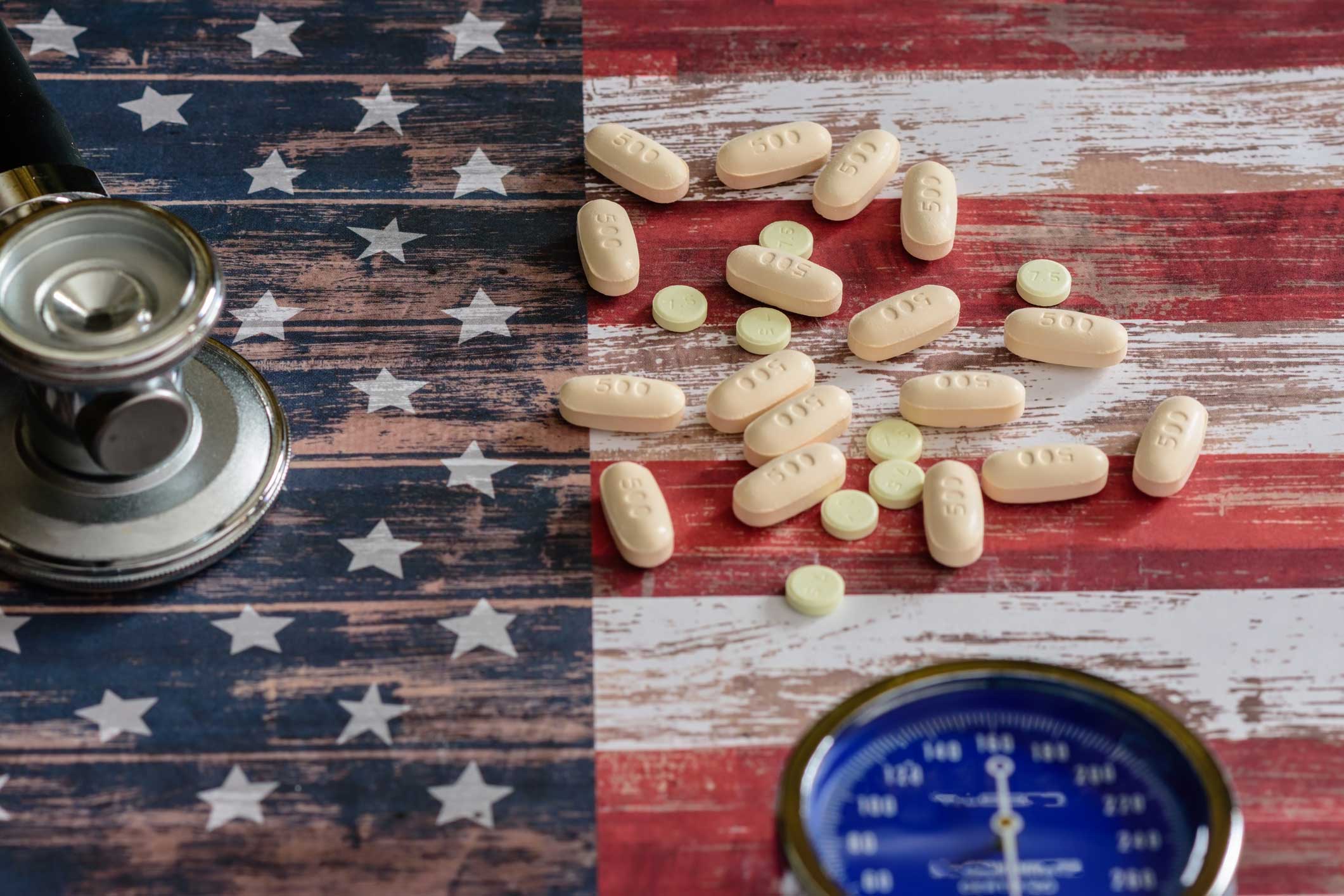When people struggling with addictions have a medical issue that brings them into the hospital for treatment, withdrawal can pose a challenge for them as well as the team caring for them.
A new six-week pilot at Hartford Hospital will examine ways a dedicated consult service made up of a multidisciplinary group of clinicians might intervene with such patients, manage withdrawal symptoms and connect them with relevant services for alcohol and/or substance use disorders at discharge.
“The goals are to assess patient needs and how we can support them as well as help the providers treating this population,” explained Amanda Therrien, PA, who is spearheading the project that launches at beginning of March.
The team coordinating the pilot – which includes Dr. Robin Deutsch of the Hartford Hospital Community Health and Adult Primary Care Clinic; Debra Hernandez, APRN, of the complex patient care team; and Monica Cluff, APRN – has identified areas of potential improvement, including streamlining connections with medication-assisted treatment options.
“Many inpatient providers are not familiar with prescribing medications such as methadone and suboxone on a regular basis. The patients can have complex medical histories on top of it, making it a difficult situation, with or without prior experience,” said Therrien, who became interested in addictions as a student at Rushford and now works there part time.
The COVID-19 pandemic has heightened the need for such a service and the Centers for Disease Control and Prevention recently issued a health alert after the nation recorded the highest number of fatal opioid overdoses ever in a 12-month period.
“These are mostly patients using drugs like heroin or alcohol who come in for care and go into withdrawal. Sometimes, we are aware of their substance use and other times we only find out when patients exhibit symptoms of withdrawal,” Therrien said. “For the patients, the most important thing is the withdrawal and if it’s not addressed, they feel as if we don’t care about them. They might even leave against medical advice, putting their health at even further risk.
“This is an opportunity for improvement, for both patients to feel comfortable disclosing their entire history, including substance use, and for providers to create a safe space for patients to not feel judged. We need to ensure patients know we care about them as a whole, which includes treating their withdrawal in a non-judgmental way and offering help to maintain abstinence.”
Each day, the group – which includes social workers, recovery coaches, psychiatrists, addiction medicine specialists, nurses, pharmacists and case coordinators – will review a list of patients identified as having a history of substance use in their patient charts.
This proactive model is different than a typical consult service in which the specialist responds to a request from the treatment team. Here, the goal is to identify potential problems and intervene before withdrawal or other drug related symptoms or behaviors surface.
During the pilot, Therrien will monitor metrics such as length of stay, recidivism, patient experience and provider satisfaction.
“We’re hoping to see improvements and strategies which others can replicate in their departments and units throughout the hospital,” she said.


